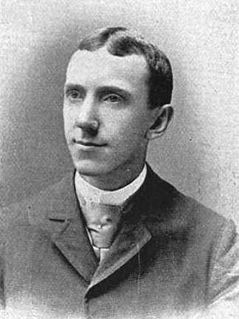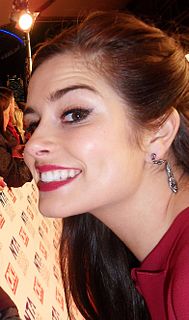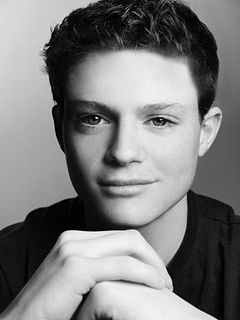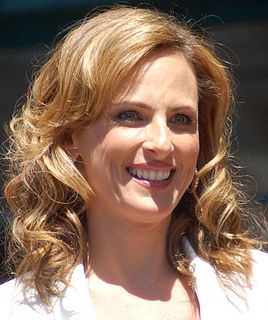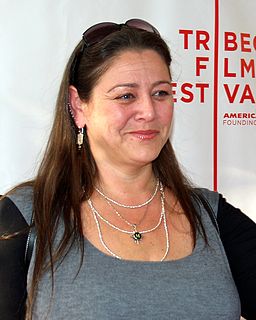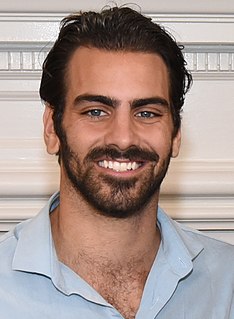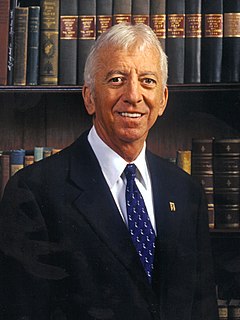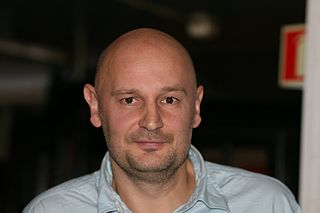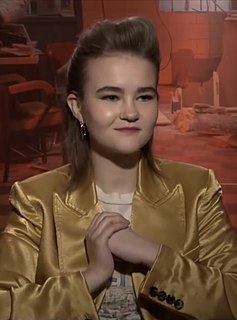A Quote by George Veditz
Wherever the deaf have received an education the method by which it is imparted is the burning question of the day with them, for the deaf are what their schooling make them more than any other class of humans. They are facing not a theory but a condition, for they are first, last, and all the time the people of the eye.
Related Quotes
One problem with people is that as soon as they fill a space it's them you see and not the space. Large, desolate landscapes stop being large, desolate landscapes once they have people in them. They define what the eye sees. And the human eye is almost always directed at other humans. In this way an illusion is created that humans are more important than those things on earth which are not human. It's a sick illusion.
